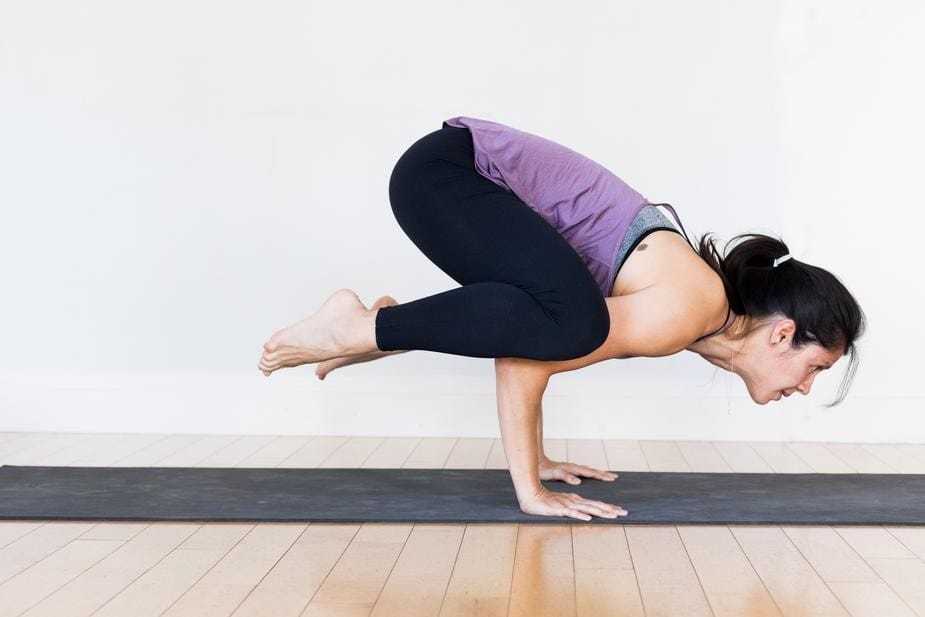In today's fast-paced world, stress and anxiety have become common companions for many. While various strategies can help manage these feelings, one of the most effective—and enjoyable—methods is regular exercise. Engaging in physical activity not only promotes physical well-being but also offers substantial benefits for mental health. Here’s how regular exercise can help fight stress and anxiety.
1. Release of Endorphins
One of the most immediate effects of exercise is the release of endorphins, often referred to as the "feel-good" hormones. These natural chemicals can create feelings of happiness and euphoria, providing an instant boost to mood. Whether it’s a brisk walk, a run, or a dance class, getting your body moving helps trigger this positive response, making it a powerful antidote to stress.
2. Reduction of Muscle Tension
Physical activity helps reduce muscle tension, which can be a physical manifestation of stress. When we’re stressed, our muscles tend to tighten, leading to discomfort and a cycle of increased stress. Regular exercise promotes relaxation, easing muscle tension and allowing the body to feel more at ease.
3. Improved Sleep Quality
Many individuals experiencing stress and anxiety struggle with sleep issues. Exercise can help regulate sleep patterns, making it easier to fall asleep and stay asleep. By improving sleep quality, exercise helps individuals feel more refreshed and better equipped to handle daily stressors, contributing to a positive feedback loop for mental health.
4. Enhanced Mood and Self-Esteem
Engaging in regular exercise can boost self-esteem and body image. As individuals achieve fitness goals—whether it’s running a certain distance, lifting heavier weights, or simply being active consistently—they often feel a sense of accomplishment. This improvement in self-perception can enhance overall mood, providing a buffer against feelings of stress and anxiety.
5. Mindfulness and Mental Clarity
Many forms of exercise, such as yoga and tai chi, emphasize mindfulness and being present in the moment. This focus on the here and now can help reduce racing thoughts and negative mental chatter that often accompany stress and anxiety. Even activities like running or cycling can provide a meditative experience, allowing the mind to clear and find peace amidst the chaos of everyday life.

6. Social Connection
Participating in group exercises or team sports can foster a sense of community and connection. Engaging with others while exercising creates opportunities for social interactions, which can help reduce feelings of isolation and loneliness. Building supportive relationships through physical activity not only enhances enjoyment but also provides an additional layer of mental well-being.
7. Distraction and Relief from Daily Stressors
Exercise serves as a healthy distraction from daily worries and stressors. It allows individuals to step away from their routines and immerse themselves in physical activity, offering a break from the mental grind. This temporary escape can provide clarity and perspective, helping individuals return to their challenges with renewed energy and focus.
8. Consistency and Routine
Incorporating regular exercise into daily life creates a structured routine, which can be particularly beneficial for those dealing with anxiety. Routines can provide a sense of stability and predictability, helping to mitigate feelings of chaos and uncertainty. Over time, this consistency can contribute to improved resilience against stress.
Conclusion
Regular exercise is a powerful tool for enhancing mental health and combating stress and anxiety. From boosting endorphins to improving sleep quality, the benefits are manifold and can significantly improve one’s overall sense of well-being. By embracing physical activity as part of a holistic approach to mental health, individuals can cultivate a more balanced and fulfilling life. Whether through walking, dancing, or participating in team sports, finding an enjoyable form of exercise is key to reaping these mental health benefits. So, lace up your shoes, get moving, and experience the transformative power of exercise for your mind and body.







Top Comments
Sonia Lawson
This blog is like a ray of sunshine in my boring world. The author's posts always make me think they inspire me.}
Tayler Tierney
I would definitely recommend this site to anyone looking for reliable information. The articles are comprehensive and accessible. Thanks for the interesting text.
Lilly Holman
I appreciate the efforts made by the author to the articles on this site. They are very understandable, reveal a brief understanding of the topic.